Doramectin Bolus 100mg for Horses: Complete Guide to Uses, Dosage, and Safety
What is Doramectin Bolus 100mg?
Doramectin Bolus 100mg is a potent antiparasitic agent designed specifically for equine use. Derived from avermectins, it belongs to the macrocyclic lactone class and is highly effective in eliminating a broad spectrum of internal and external parasites, including gastrointestinal roundworms, lungworms, mites, and lice.
With its long half-life and high efficacy, Doramectin is a preferred choice among veterinarians for routine deworming, as well as in cases of parasitic infestations resistant to other medications. The bolus format ensures easy administration, especially in horses that are difficult to dose with paste or injectable forms.
Indications: When to Use Doramectin Bolus 100mg in Horses
Doramectin Bolus 100mg is a broad-spectrum antiparasitic treatment used in horses for the prevention, control, and elimination of both internal and external parasites. It is highly effective and commonly prescribed by veterinarians in various equine care scenarios.
Primary Therapeutic Uses
Doramectin is indicated for:
1. Gastrointestinal Nematodes (Roundworms & Strongyles)
Effective against:
- Strongylus vulgaris
- Strongylus edentatus
- Strongylus equinus
- Parascaris equorum
- Cyathostomes (small strongyles)
Clinical signs that may prompt treatment:
- Weight loss
- Poor growth
- Colic
- Lethargy
- Diarrhea
2. Lungworms
Treats:
- Dictyocaulus arnfieldi
When to suspect lungworm infection:
- Chronic coughing
- Nasal discharge
- Reduced exercise tolerance
- History of grazing near donkeys (common carriers)
3. Skin and External Parasites
Highly effective against:
- Sarcoptes, Psoroptes, Chorioptes mites
- Haematopinus asini (lice)
- Early stages of Gasterophilus (bots)
Symptoms requiring intervention:
- Intense itching or rubbing
- Hair loss or patchy coat
- Crusting or scabbing of skin
- Presence of visible lice or mites
- Larval migration signs from botflies
When Doramectin Bolus Should Be Avoided
- Pregnant or lactating mares (unless benefits outweigh risks)
- Known hypersensitivity to macrocyclic lactones
- Concurrent use with other avermectins or similar agents
- Horses raised for human consumption (observe withdrawal time if permitted)
Proper Use and Dosing Recommendations for Doramectin Bolus 100mg
Administering Doramectin Bolus 100mg properly is essential to ensure maximum efficacy against internal and external parasites in horses.
Recommended Dosage
- Standard Dosage:
2 mg of Doramectin per kg of body weight, given as a single oral dose. - Bolus Strength:
Each bolus contains 100 mg of Doramectin.
Equine Dosage Calculation
| Horse Weight (kg) | Doramectin Dose (mg) | Bolus Required (100 mg) |
| 250 kg | 50 mg | ½ bolus |
| 400 kg | 80 mg | 0.8 bolus |
| 500 kg | 100 mg | 1 bolus |
| 600 kg | 120 mg | 1.2 bolus |
| 700 kg | 140 mg | 1.4 bolus |
Note: Always round cautiously to avoid overdosing. Consult a veterinarian if unsure, especially for horses under 4 months or over 600 kg.
Method of Administration
Step-by-Step Instructions:
- Weigh the horse to determine the correct dose (0.2 mg/kg).
- Load the bolus into a clean equine bolus applicator.
- Gently restrain the horse using a halter and lead rope.
- Insert the applicator toward the back of the tongue.
- Eject the bolus quickly and ensure it is swallowed.
- Monitor the horse for a few minutes post-administration.
- Clean equipment and store for future use.
Important Considerations
- Do not crush or dissolve the bolus in water or feed—this reduces efficacy.
- Use gloves during handling to avoid dermal exposure.
- Monitor the horse post-administration for any immediate reactions (e.g., choking, salivation).
Deworming Frequency
| Horse Category | Dosing Frequency |
| Adult Horses | Every 10–12 weeks |
| Young Horses (under 1 year) | Every 8–10 weeks (veterinary guided) |
| Breeding Mares | 2–3 weeks before foaling |
| High-Risk/High-Exposure | Based on fecal egg count (FEC) monitoring |
Combine with strategic rotational deworming for long-term parasite control.
When to Re-dose
- After 8–12 weeks, depending on exposure level and veterinarian’s recommendation.
- When fecal egg counts (FECs) indicate re-infestation.
- In cases of external parasite reinfestation (lice or mites).
Risk Factors, Warnings, and Adverse Reactions of Doramectin 100mg in Horses
Doramectin Bolus 100mg is highly regarded for its effectiveness and safety in managing both internal and external parasites in horses, but correct administration and knowledge of possible side effects are crucial for best results.
General Safety Profile
Doramectin has been extensively studied and is considered safe and well-tolerated in most horses when administered at the recommended dose of 0.2 mg/kg body weight. It has a wide therapeutic index, meaning that slight variations in dosing typically do not cause harm—however, exceeding the recommended dose can result in toxicity.
Precautions Before Use
To ensure the safe use of Doramectin Bolus, observe the following precautions:
- Accurate Weight Calculation: Always determine the horse’s weight carefully before dosing. Underdosing may lead to ineffective treatment and resistance; overdosing increases the risk of toxicity.
- Mares: Use only when necessary and prescribed by a veterinarian, as limited safety data is available for pregnant and lactating horses.
- Not for Human Consumption: Horses treated with Doramectin should not be used for human food. Follow appropriate withdrawal periods if legally required in your region.
- Do Not Use with Other Avermectins: Avoid concurrent use with other macrocyclic lactones (e.g., ivermectin, moxidectin) as this may increase the risk of neurological side effects.
- Neurological Conditions: Horses with existing neurological issues may be more sensitive to Doramectin and should be monitored closely.
Potential Side Effects
Most horses tolerate Doramectin well, but some adverse effects—though rare—have been reported, especially with misuse or overdose.
Common (Usually Mild & Self-Limiting):
| Symptom | Description |
| Mild drooling/salivation | Temporary; due to taste or stress |
| Diarrhea | Occasional, resolves within 24–48 hours |
| Decreased appetite | Usually transient |
| Lethargy | Mild fatigue, short-lived post-dosing |
Less Common (May Require Vet Attention):
| Symptom | Description |
| Ataxia (uncoordinated movement) | Usually related to overdose |
| Muscle tremors | Signs of neurotoxicity |
| Colic symptoms | May occur with high doses or sensitivity |
| Swelling of lips/tongue | Possible allergic reaction |
Overdose Management
Signs of overdose may include:
- Muscle tremors
- Dilated pupils
- Head pressing or circling
- Excessive salivation
- Ataxia or recumbency
Emergency Action:
If overdose is suspected, contact a veterinarian immediately. There is no specific antidote for Doramectin toxicity; treatment is symptomatic and supportive (e.g., IV fluids, anti-inflammatory agents, and monitoring vital signs).
Veterinary Studies and Clinical Evidence for Doramectin 100mg in Equine Use
Doramectin, a member of the macrocyclic lactone family, has been the subject of extensive research in both laboratory and field settings. Its efficacy, pharmacokinetics, and safety profile have been validated by numerous peer-reviewed studies and clinical trials, supporting its widespread veterinary use in horses.
Mechanism of Action: Backed by Science
These channels are unique to invertebrates, which gives doramectin a high safety margin in mammals, including horses.
Source: Shoop et al., Nature, 1995 – Demonstrated selective action of avermectins on parasite nervous systems.
Key Clinical Trials and Findings
- Efficacy Against Strongyles and Parascaris spp.
- A study published in Veterinary Parasitology (2001) found that a single oral dose of doramectin achieved over 95% reduction in fecal egg count (FEC) of Strongylus and Parascaris equorum in adult horses within 14 days.
- Extended Residual Activity
- Research conducted by Lanusse et al. (2003) revealed that doramectin remains in the bloodstream and gastrointestinal system longer than ivermectin, providing extended protection against reinfestation for up to 21 days post-treatment.
- Field Use in Equine Herds
- In a comparative study (Smith et al., 2004), doramectin outperformed other anthelmintics in managing parasite loads in horses on rotational grazing farms, leading to improved weight gain and coat condition.
- Control of Bots and External Parasites
- Doramectin showed high efficacy against Gasterophilus larvae and mange-causing mites, as reported in trials published in Journal of Equine Veterinary Science (2005), with 100% clearance of bot larvae after a single treatment.
Veterinary Endorsements
Veterinary practitioners globally support doramectin’s use due to:
- High efficacy against both endoparasites and ectoparasites
- Ease of administration via bolus
- Minimal resistance issues when used responsibly
- Low adverse reaction rates compared to alternative treatments
“Doramectin remains a first-line treatment option in integrated parasite control programs, especially in settings with benzimidazole resistance.”
— Dr. Alan Bishop, DVM, Equine Parasitology Consultant
Global Use and Regulatory Status
- FDA (USA)
- EMA (European Union)
- CIBRC (India)
Its long-acting formula is valued in large-scale farms, equine rescue centers, and high-performance stables where consistent parasite control is critical.
Resistance Management Tips
To prevent resistance:
- Always dose based on accurate weight
- Rotate with non-macrocyclic lactones
- Perform FEC testing every 3–6 months
- Never underdose or split boluses improperly
Conclusion
Doramectin Bolus 100mg for Horses stands out as a trusted and scientifically validated solution for the treatment and control of a broad range of internal and external parasites. With its long-lasting action, high efficacy, and convenient bolus format, it plays a critical role in equine parasite management. Whether you’re managing routine deworming, treating resistant infestations, or integrating it into a rotational deworming program, Doramectin offers consistent, safe, and effective results. Supported by robust veterinary research and field success, it helps maintain your horse’s health, performance, and overall well-being. Whether as part of a routine deworming program or targeted parasite treatment, Doramectin Bolus 100mg offers scientifically supported, clinically proven, and field-tested benefits. For best results, always consult a qualified veterinarian to tailor a parasite management strategy specific to your horse’s needs.







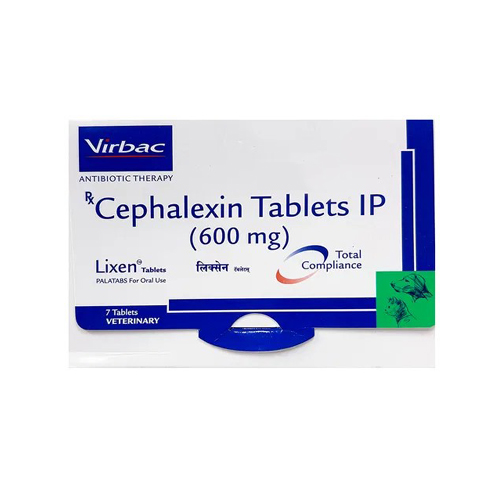
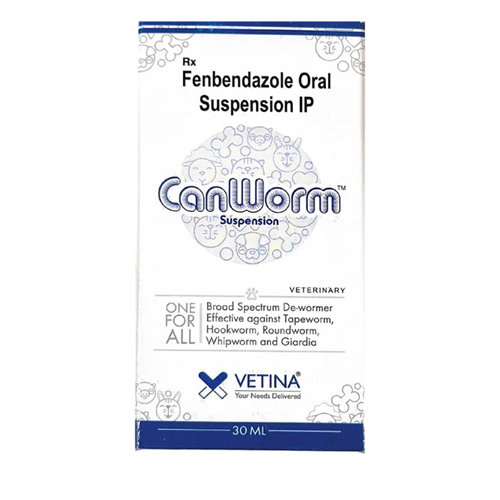



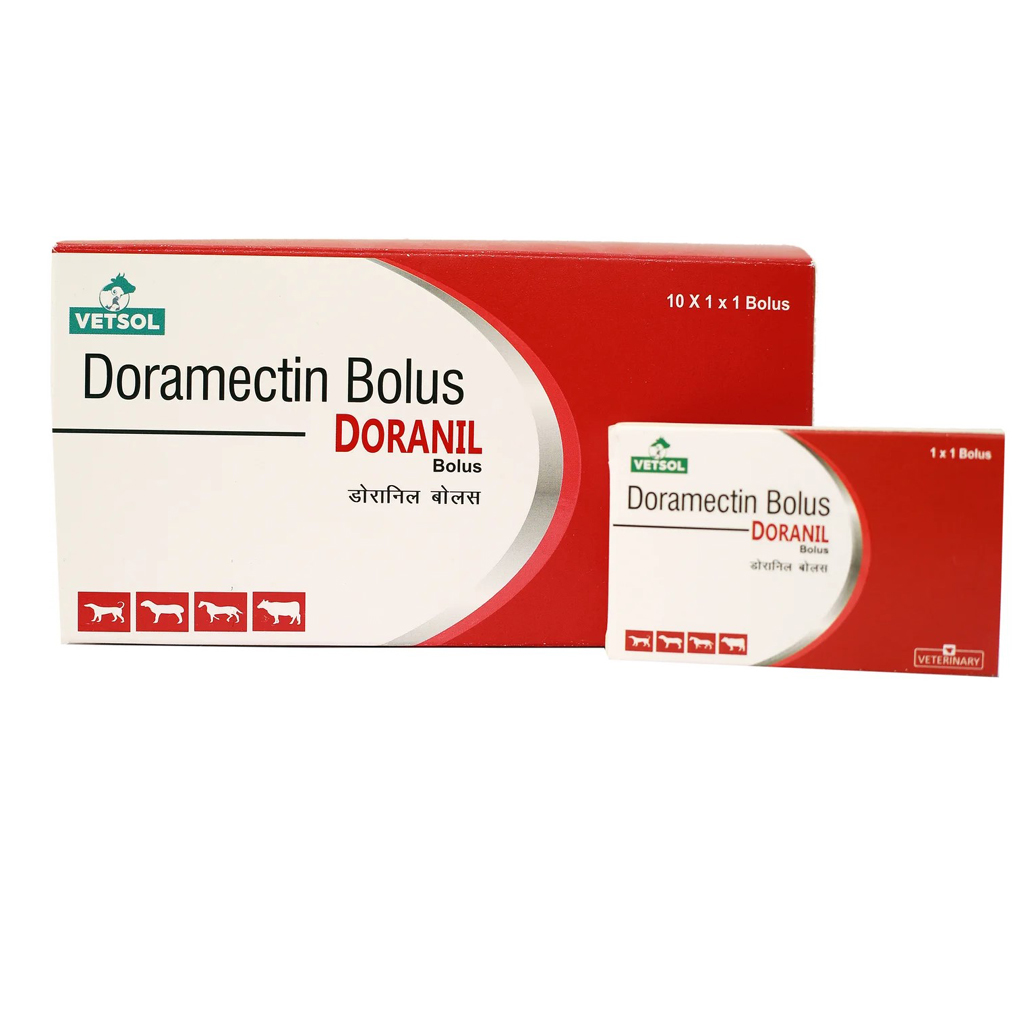
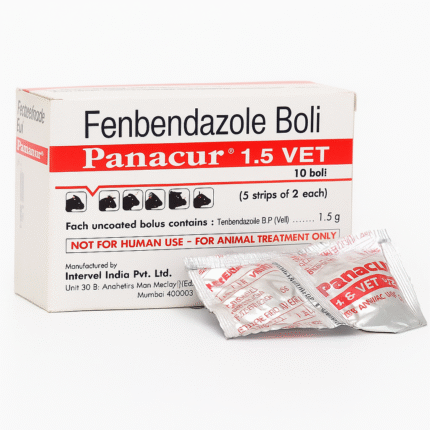
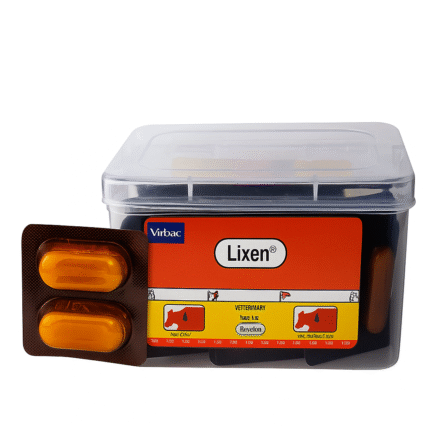
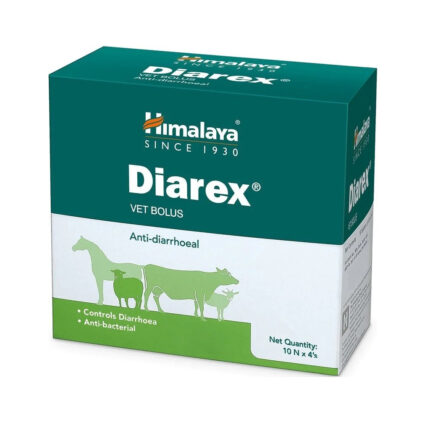
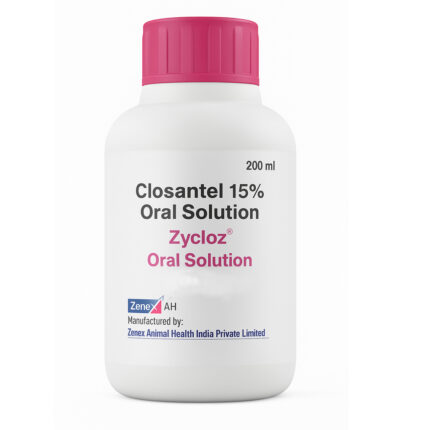
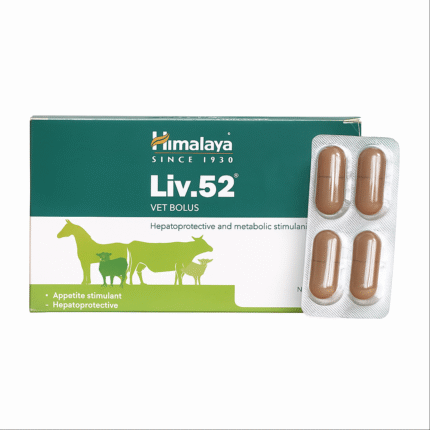
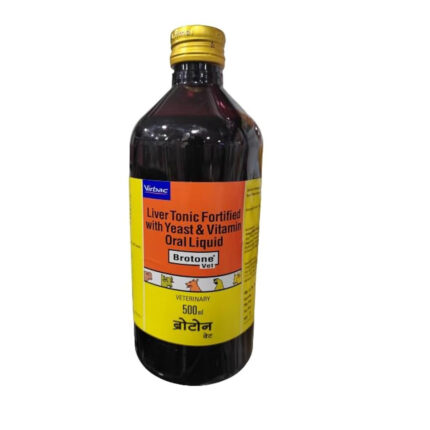
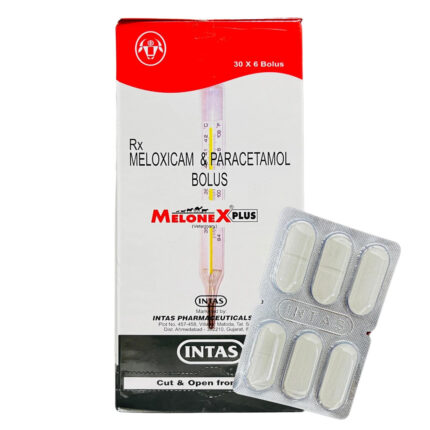
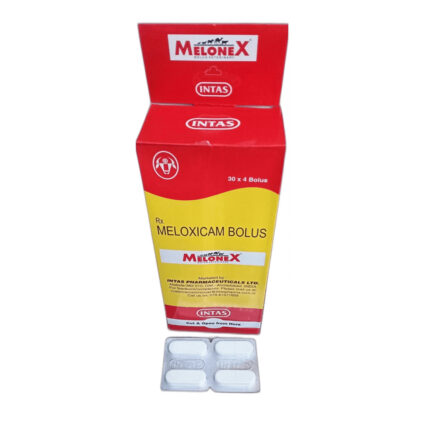
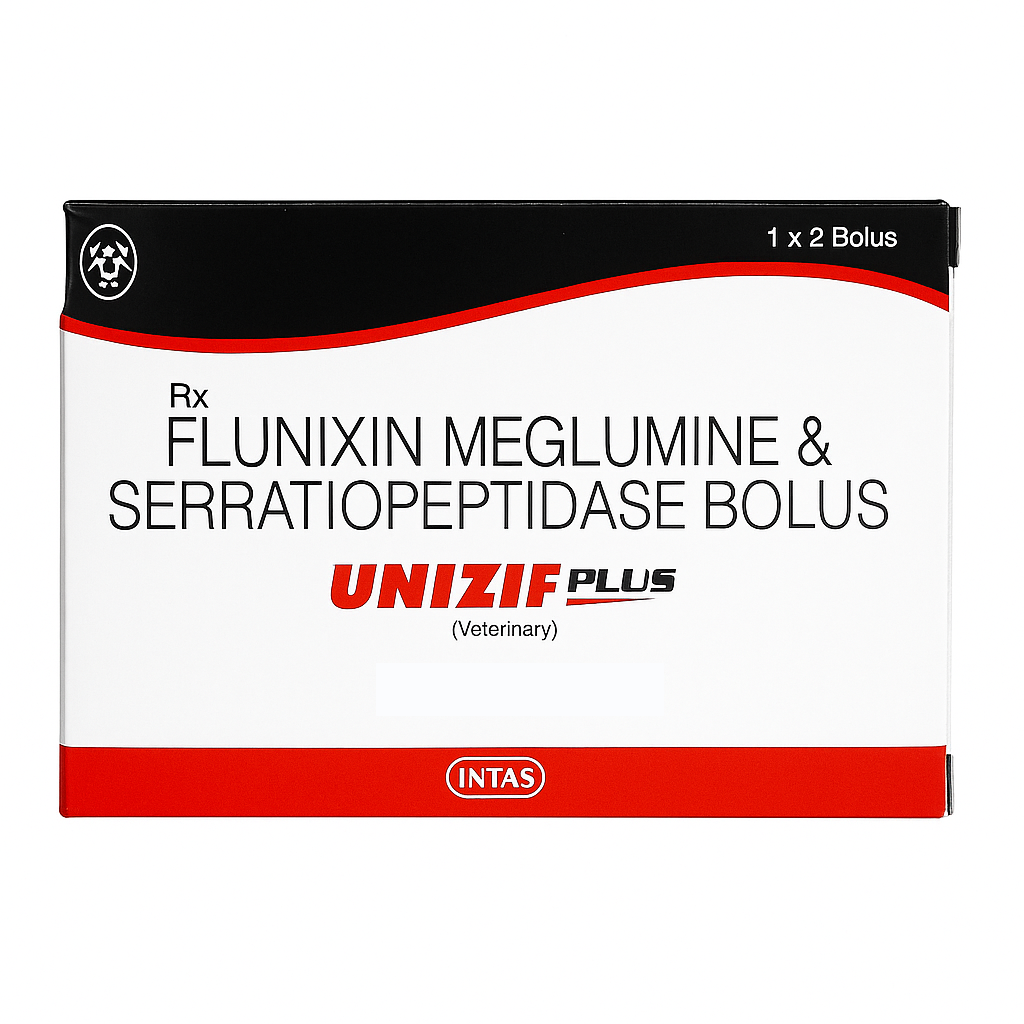
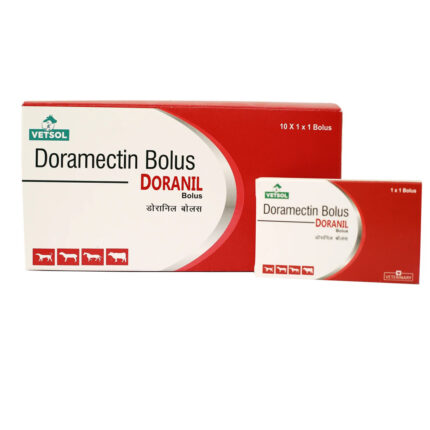
Reviews
There are no reviews yet.